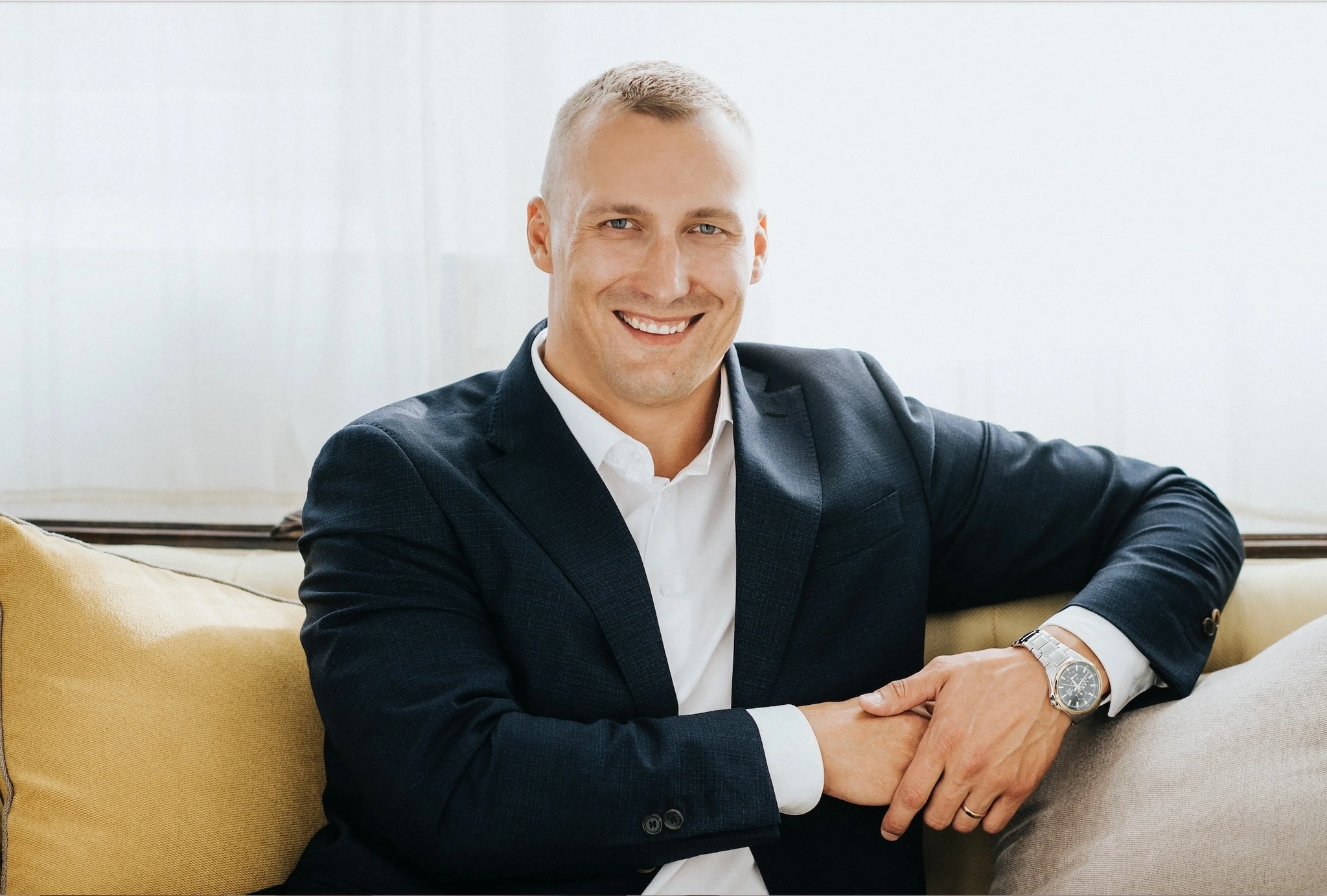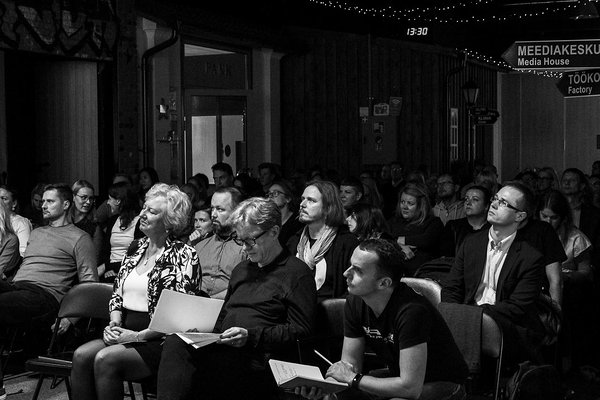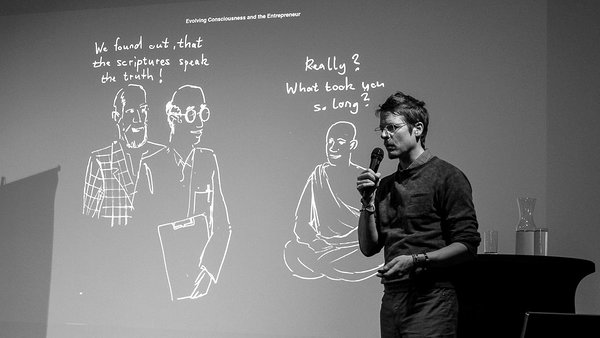
The Best Thoughts from the Business Conference sTARTUp Psychology
sTARTUp Psychology aimed to explore different topics related to founders' psychology and mindset, to bring together a community and to exchange ideas. “The event introduced psychology-related knowledge that is used in entrepreneurship and start-ups,” commented Rein Lemberpuu, the CEO of .Contriber. “Since start-ups are innovative in every way, they are the first ones to implement new knowledge when it comes to being a team leader or building a corporate culture. During the conference, it became very clear how leadership and collaboration influence people’s work satisfaction."
The day began with two workshops led by Age Rosenberg and Marcel Gasser. In Age’s workshop, people had the opportunity to master the art of listening by practicing skills such as active listening, silent listening, paraphrasing other people’s sentences and asking questions.
In Marcel’s workshop, participants learned about creating a simple life in a complex world. For example, they did a visualization exercise to overcome something that worries you. Oh, and Gasser shared a fun fact - your heart sends signals 10 meters away and influences everyone around you. So think happy thoughts!
The first block started in the afternoon and was about brain management efficiency, promoting mental health in startups and corporate culture’s influence over the business. Some of the ideas we gathered about…
...brain management efficiency for growth by Sonia Saxton
Your brain uses 20% of your body's energy so you might want to try to use it in the best way possible!
Exercise, massage and sharing in social settings such as ‘team’ days all release serotonin, so it would be a good idea to go on a hike with your team.
Dopamine is released by you discussing rewards with the teams and it helps stay motivated.
...promoting mental health in IT startups by Jorgen Matsi
Around 10% of adults experience mental health problems like depression and anxiety.
Core personal coaching in startups can help prevent burnout, avoid boredom and provide employees with some great self-management techniques.
Startups should also consider tools such as mental health promotion, communication, and psychological skill development workshops, and applying organizational psychology in their corporate culture.
...corporate culture by Jin Han
To start building corporate culture, you need to first identify what kind of culture you want and define the core values.
Then you should actively cultivate the culture and educate your team as well as the ecosystem about the values.
A good business culture provides meaning for both employees and customers, leads to higher productivity, workplace satisfaction and provides a competitive advantage.
After some coffee and networking, it was time for the second block of speakers. Here’s what we learned:
...how to defeat the legacy of trauma, abuse, and neglect taught by Mark Ashton
Every person needs an “ikigai” - a reason for being.
It’s a combination of your passion, mission, profession, and vocation.
There are seven key factors of being resilient, such as the ability to control your impulses, staying positive whilst confronting brutal realities and overcoming negative states to take on new challenges.
...how to communicate effectively by Skinner Layne
How often do you ask a person, “What do you mean by that?” when they use a really common word? Because that’s where most miscommunication happens.
The greatest myth about communication is that it has happened.
Speak personally with “I” statements to avoid miscommunication.
...how to engineer one's emotions by Andero Uusberg
The more intense the emotion, the more narrow-minded and focused on one goal you are, which can decrease creativity.
Think of emotion as a control system - like a thermostat! This will help you to manage emotions more objectively.
You can hack this control system by shifting appraisals. Ask yourself questions like “Does the situation matter to me?” or “Could I change the situation if I wanted to?” to make yourself calmer about the occurring situation.
After the second block ended, it was time for pizza and after that, the third block began. What inspired us during this block was:
...regaining focus and setting priorities in life by Andrey Sergeyev
The latest research shows that it takes 66 days to develop a habit! So write down one thing you need to do for 66 days – and then start doing it!
If we want to get good results from a meaningful project, we need to schedule enough time for it. Concentrate on these meaningful things that will produce the greatest results - first things first and second things not at all!
If you don’t schedule things that are important to you, life will do that for you.
...transformation of one’s consciousness Patrick Palucki
Transforming our perspective of ourselves, our planet and our existence improves our leadership skills and has an impact on society and the planet.
Metacognition helps you to disidentify from the contents of consciousness and view moment-by-moment experience with greater clarity and objectivity.
You can transform your sense of consciousness in several ways, such as breathing, meditation, movements, stimulus deprivation, experiential tasks, etc.
The conference ended with Ingmar Elm’s inspiring story of catching a flying fish -- literally! It was a very inspiring story from his own life to end the day on a high note!
The whole conference was organized by .Contriber and all the speakers are mentors from its startup founders' psychology program .Cocoon. It is a 1-year startup de-acceleration program that focuses on startup founders' personal development instead of the company. In addition to balancing mental health, the founder's personal growth is an unfair advantage that can boost the organization's growth as well.
A big round of applause and a thank you for all the speakers and participants for creating this magical environment at SPARK HUB. We hope everyone got some food for thought out of this day and see you all next year! :)

The Science of Happiness: A Conversation with Dr. Axel Bouchon


